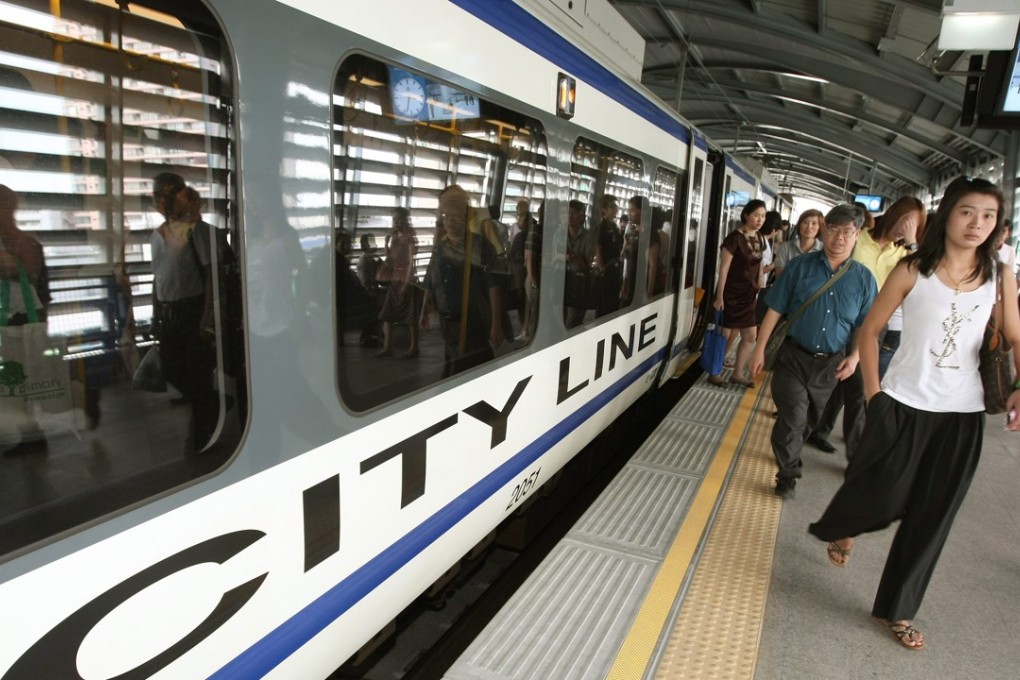Thailand approves long-delayed US$5.2b rail link to China
Thailand will cover the construction costs but the majority of technical expertise will come from Chinese engineers

Thailand on Tuesday approved US$5.2 billion for the construction of the first stretch of a long-delayed high-speed railway that will ultimately connect to China, part of its belt and road infrastructure plan.
Although China was only providing technology for the project, the progress gave Beijing a boost at a time when its blueprint for a network of high-speed rail links throughout Southeast Asia faced hurdles, experts said.
The grand plan would see trains travelling south from Kunming in Yunnan province through Laos, Thailand and Malaysia to Singapore. Construction in Laos began late last year.
A groundbreaking ceremony for the Thai section was held in 2015, with the deputy prime ministers from both China and Thailand attending.
But the project has been held up by disputes over financing, loan terms and labour protection regulations.